How to Stay on Track During the Holidays
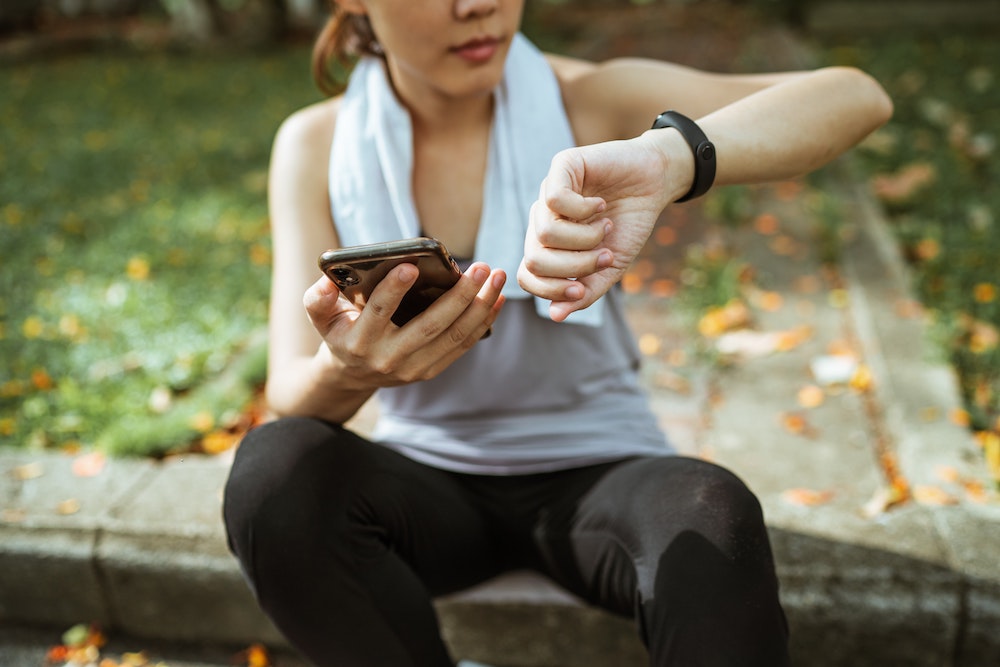

As the temperatures start dropping, anxiety levels can start to rise. The holiday season is notorious for ruining diets, subverting progress in the gym, and creating both financial and emotional stress.
A recent survey found that 88 percent of Americans feel the holidays are the most stressful time of the year. This high statistic didn’t even take into account the ongoing stress of the coronavirus pandemic and its long term effects on our lives.
While there will always be some factors outside of your control (hello, flight delays) there are plenty of steps you can take to make sure you end the year on a high note.
Some is Better Than None
If you’re traveling or hosting for the holidays, chances are your daily routine is subject to change. Prevent undue stress by setting realistic expectations for your diet and workout routine during the holidays. Don’t expect to be eating clean meal prep while traveling or having access to all your favorite gym equipment while visiting loved ones.
Embrace the idea that some activity is better than no activity. Half a workout (as long as you don’t skimp on your warmup) is better than just sitting on the couch. If you’re short on time, a HIIT workout or full body workout will give you more bang for your buck than accessory work. When in doubt, focus on multi-joint movements like a squat dumbbell row, or push up rather than isolation exercises like tricep extensions or hamstring curls.
Now can be the time to embrace new activities and encourage family and friends to be more active. A winter walk with friends or a quick session in the gym with a family member is the perfect two-for-one way to get moving while socializing with loved ones.
Plan for What You Can
Despite the myriad of factors you won’t be able to control, it pays to take stock of the things that are within your sphere of influence. You won’t be able to predict how slippery the roads will be at your great aunt’s house but you can bring your running shoes. Packable items like resistance bands can add variety to your workouts and make it more likely that you’ll exercise even without access to a gym.
Set yourself up for success by being prepared in the ways you can - pack your gym clothes, bring a jump rope, make a plan to train with a partner. Simple actions like signing in for a workout class, leaving your gym clothes by the door, or adding a workout on your calendar can help you stay accountable and motivated.
Nail Down Non-Negotiables
While endless to-do lists may create more pressure, the idea of having a few daily non-negotiables is a simple way to keep yourself in-check.
The key to setting your non-negotiables is to make your goals achievable tasks that you can answer with a “yes or a no.” Setting a goal to eat vegetables at every meal is a measurable, realistic task while setting a goal to eat only homemade, freshly prepared food is something that probably won’t happen especially during the holidays.
It almost goes without saying, but the other key to goal setting is not beating yourself up when things slip through the cracks. Your non-negotiables should be tasks that you can fulfill 90 percent of the time but, on days when you aren’t able to check all the boxes, adding guilt to the mix isn’t going to do you any favors. Congratulate yourself on the items you did complete and make a plan to move forward instead of spending energy feeling bad about a missed workout or extra slice of cake.
Move More
Let’s not forget that one of the safest, most effective ways to combat holiday stress is to get moving. Exercise releases feel-good endorphins, helps maintain bone mass, and can even help you get a more restful night’s sleep.
While it may sound counterintuitive that a hard lifting session or a long run will leave you feeling mentally refreshed, many studies have confirmed that exercise has mental as well as physical benefits. Physical activity reduces stress hormones like cortisol and stimulates the production of endorphins like oxytocin which help you better manage the stress of daily life. Repetitive movements like swimming or rowing are sometimes described as “moving meditation” and can provide a welcome break from the hectic holiday season.











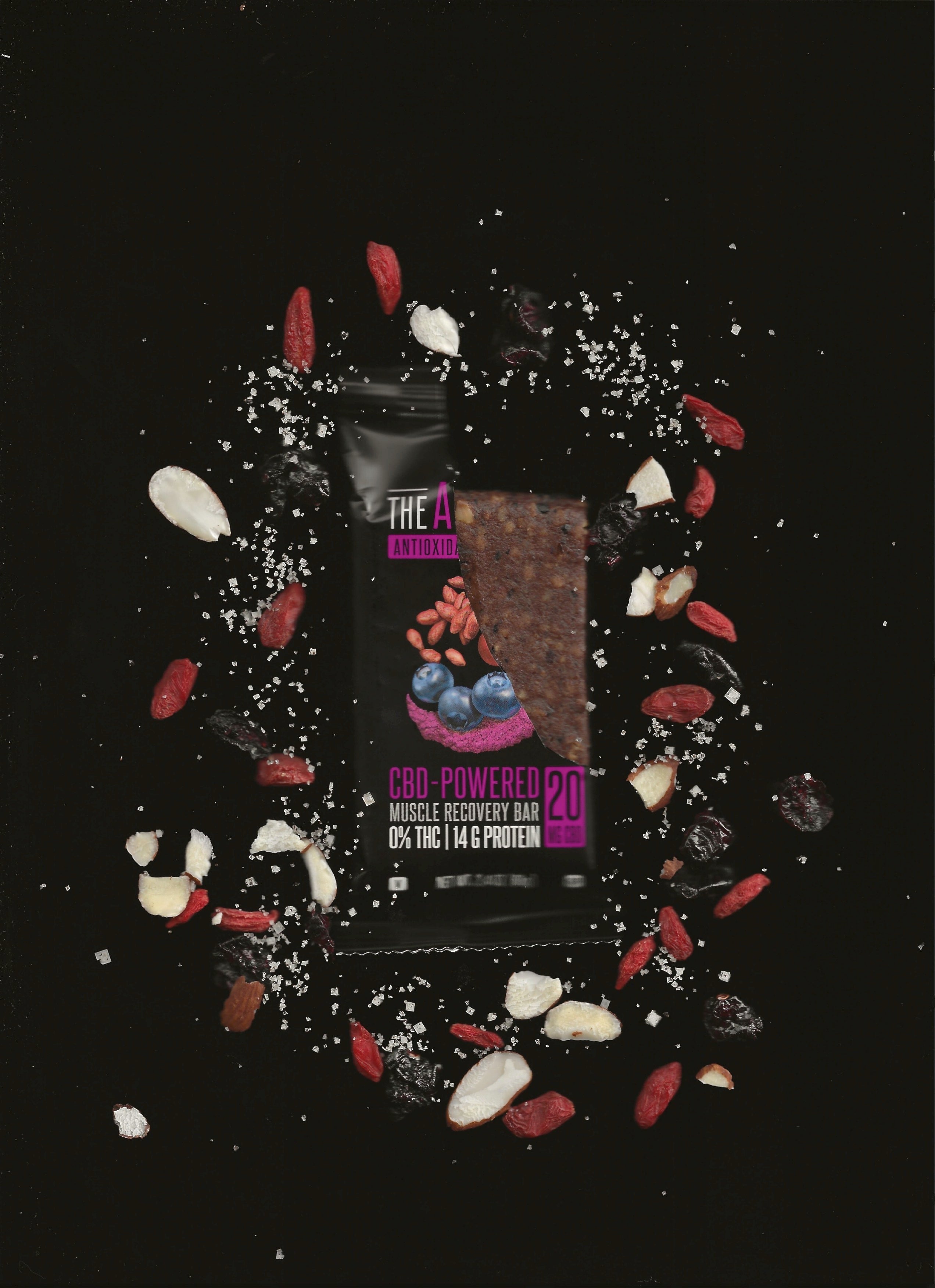


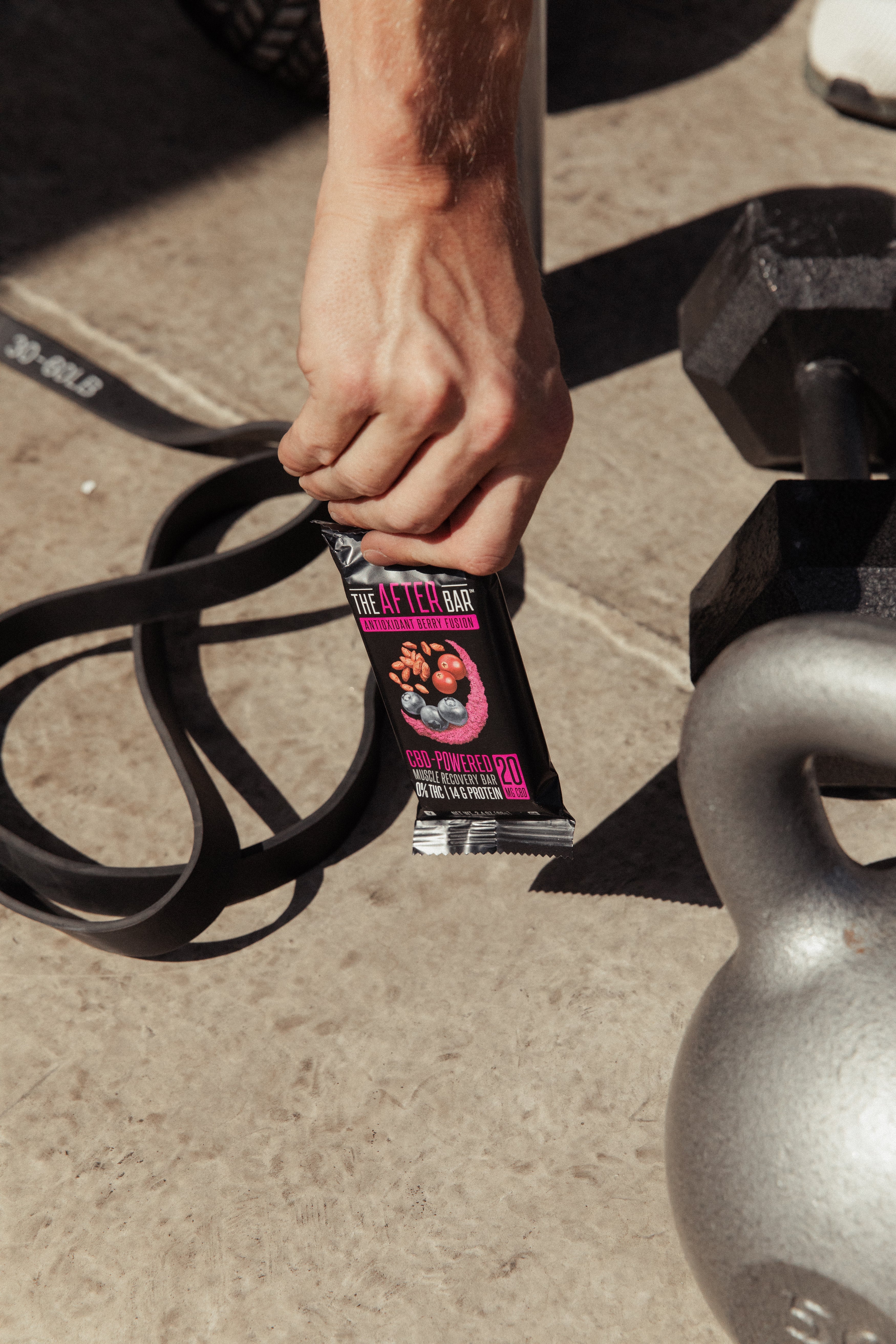

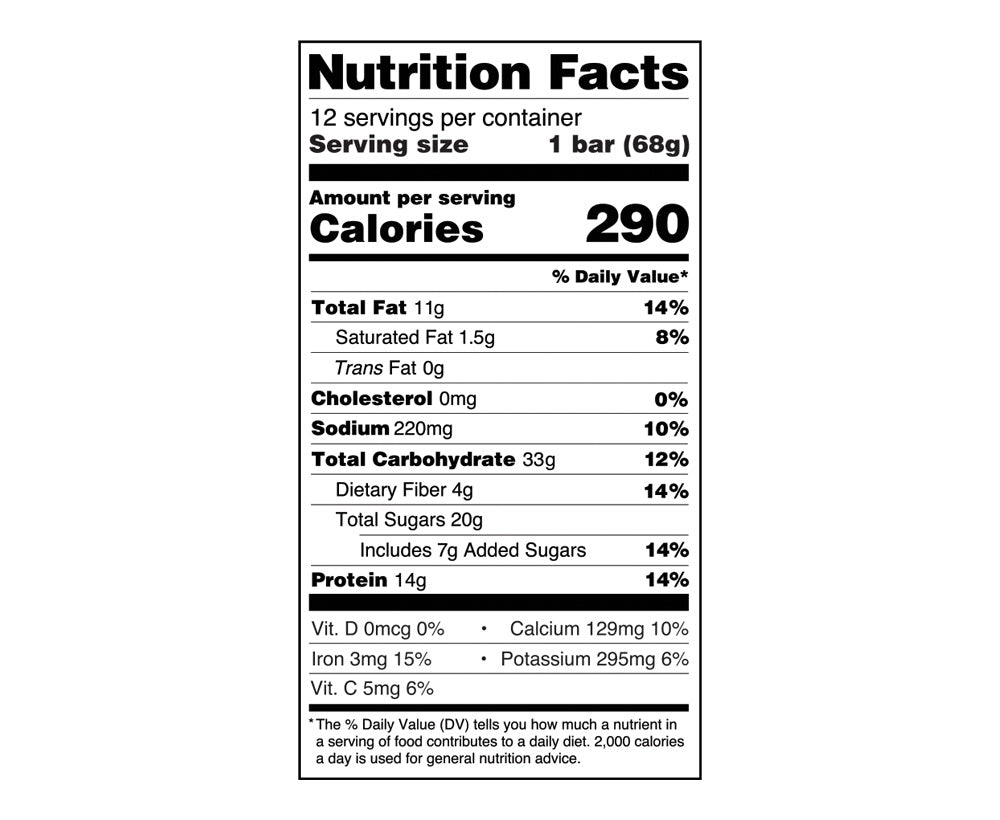



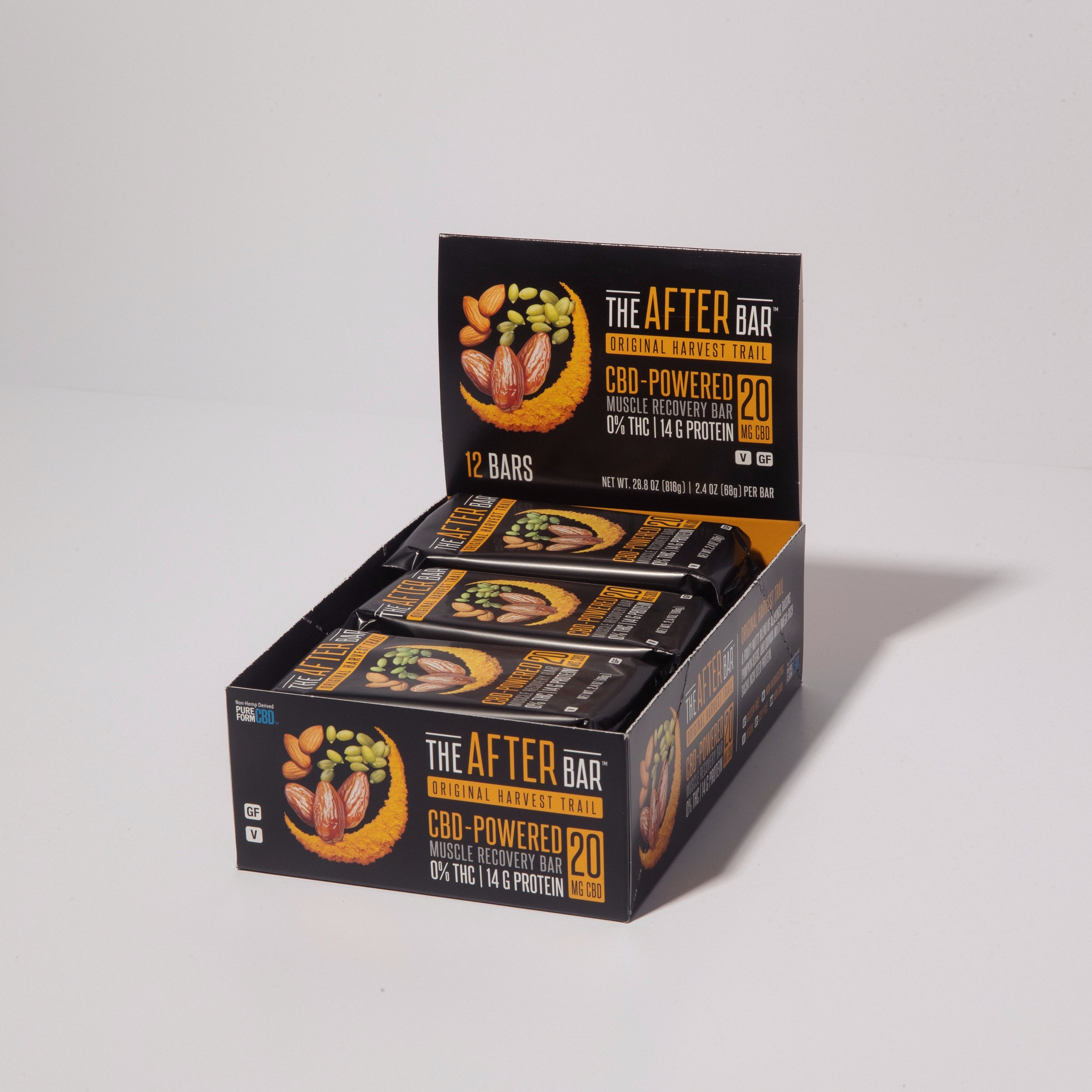
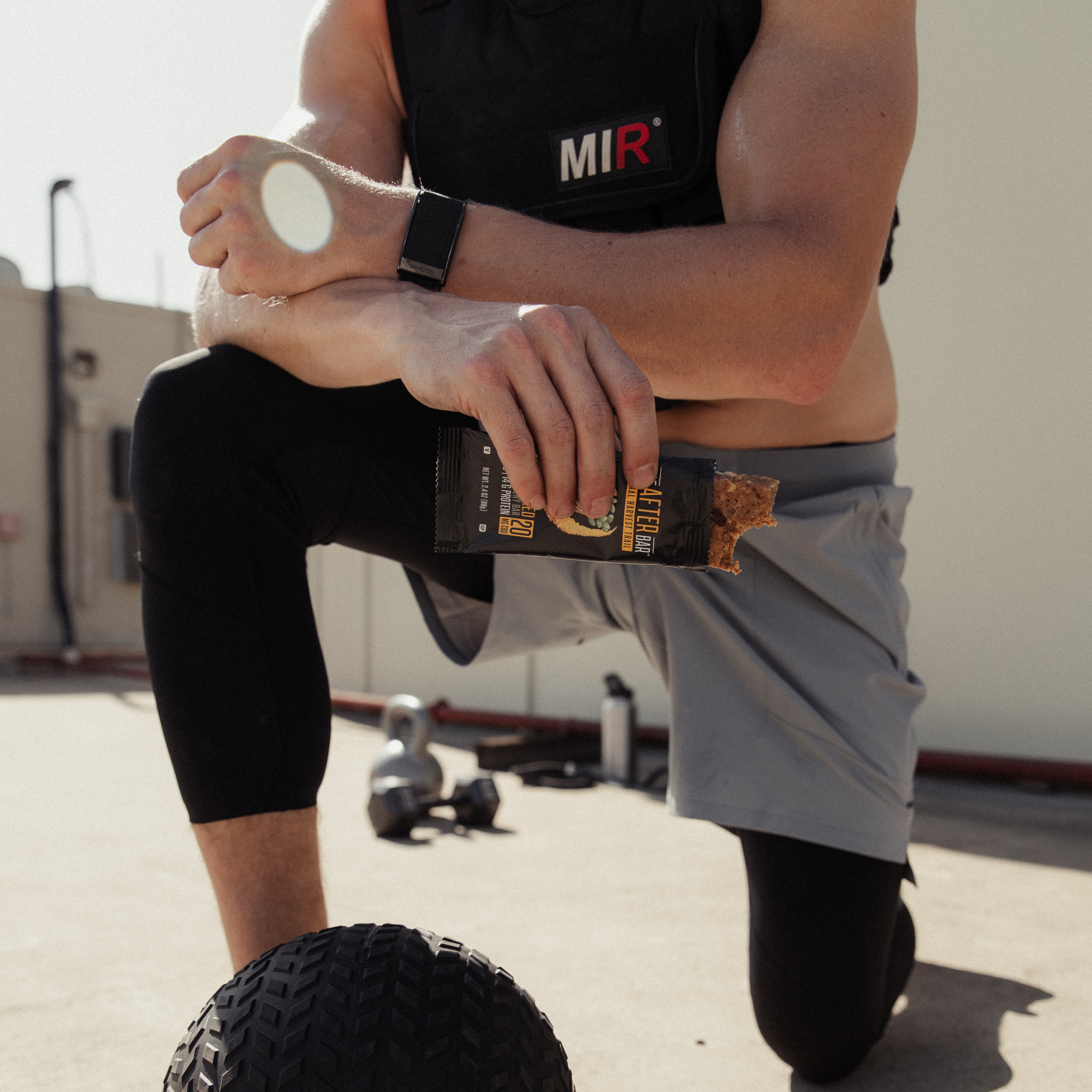

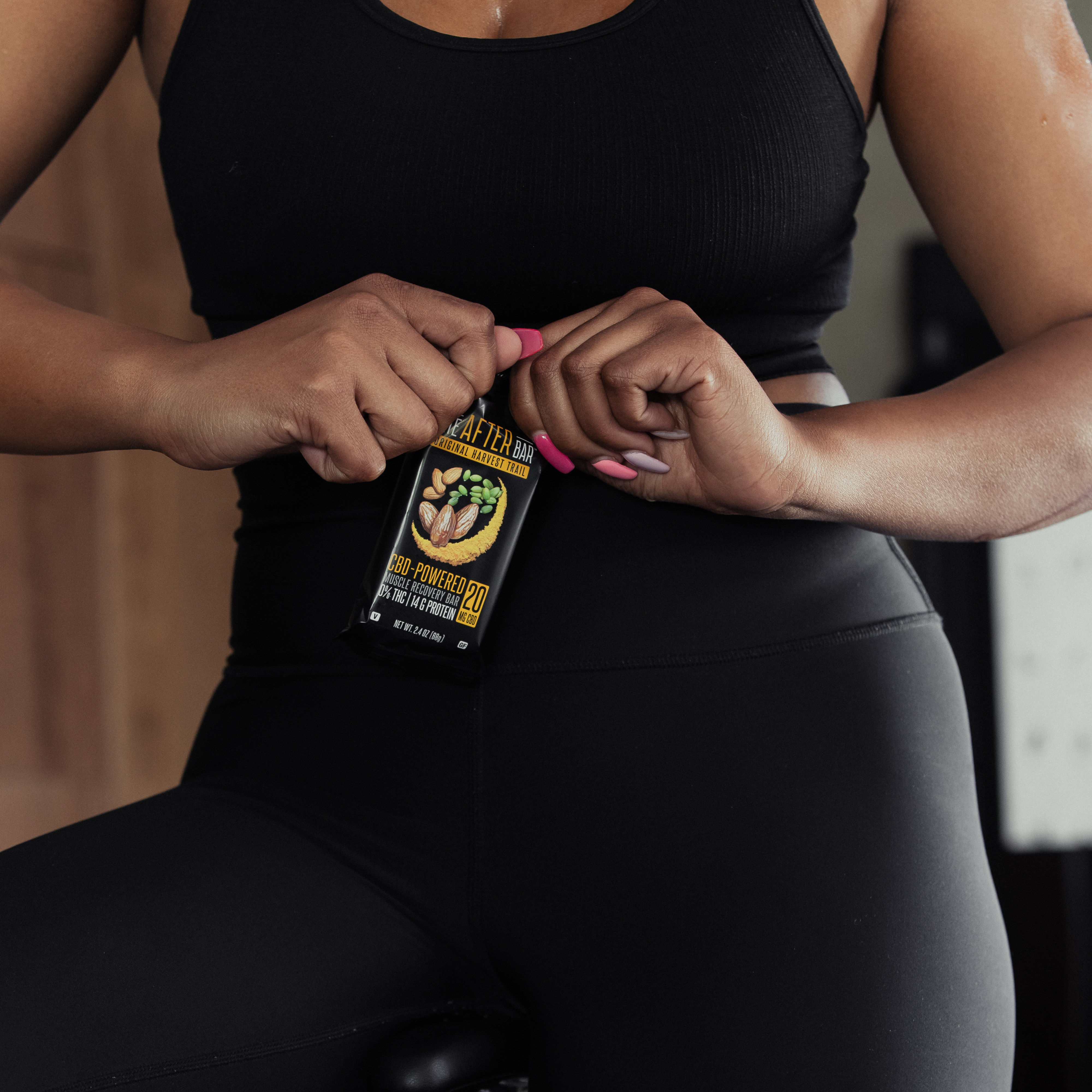

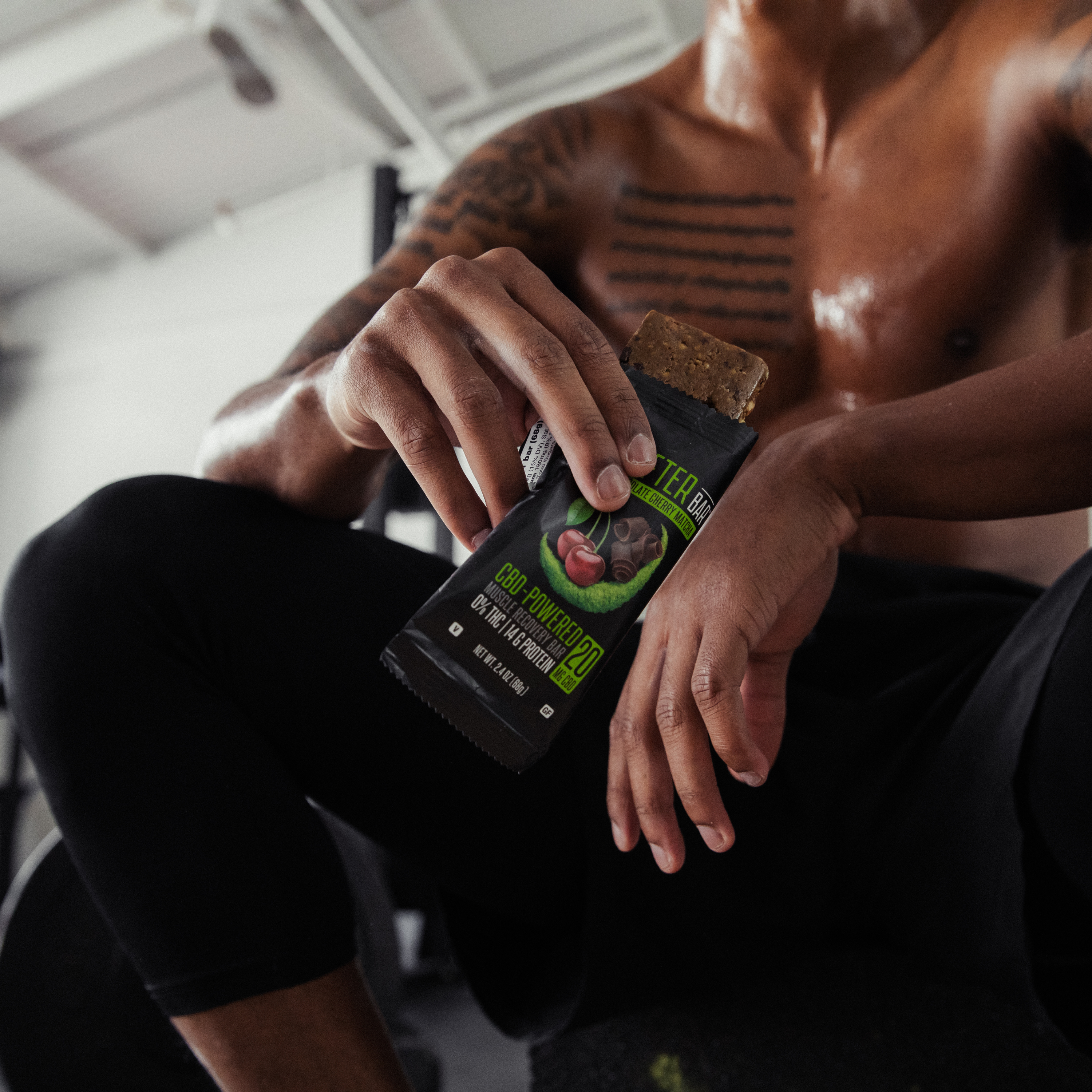


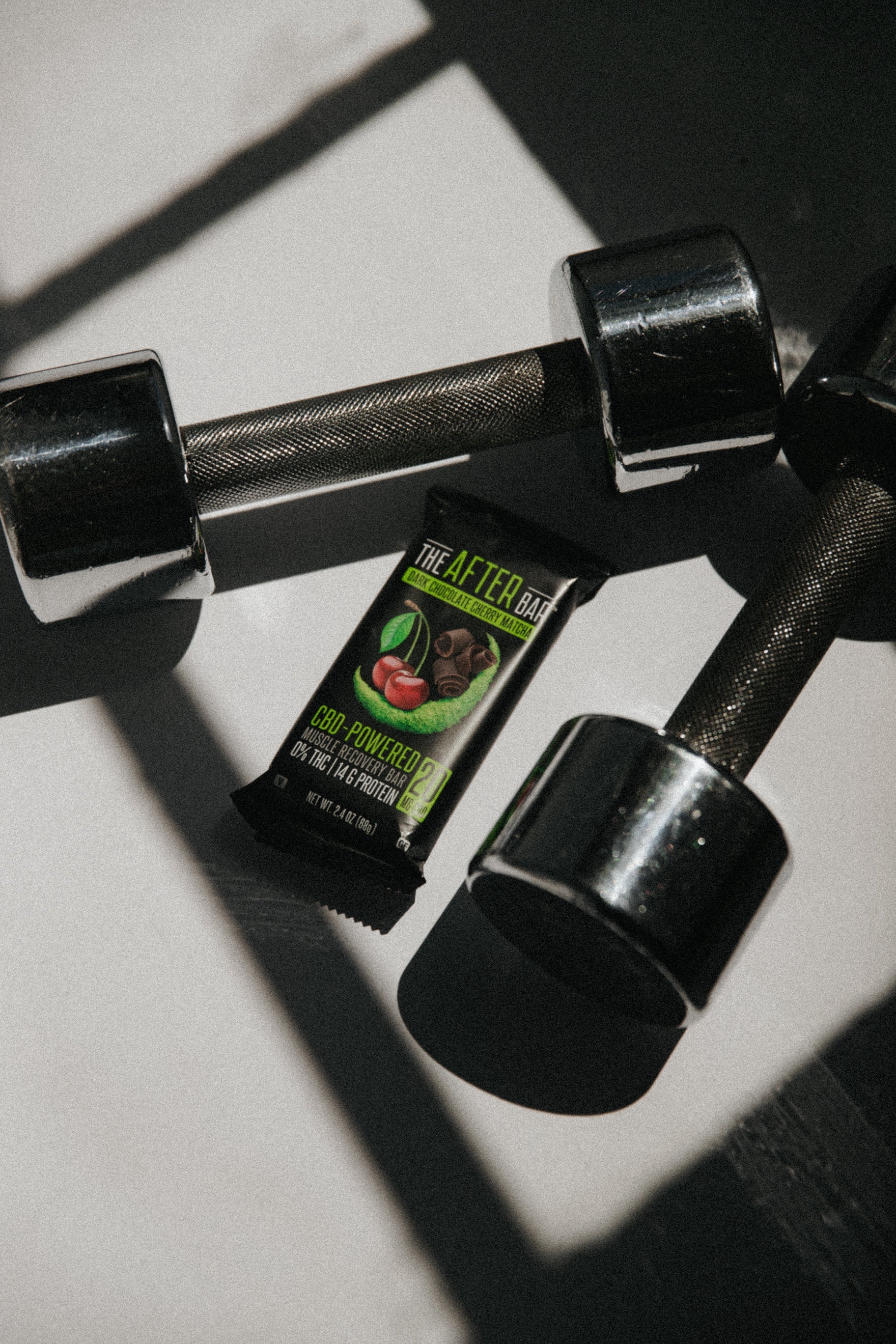


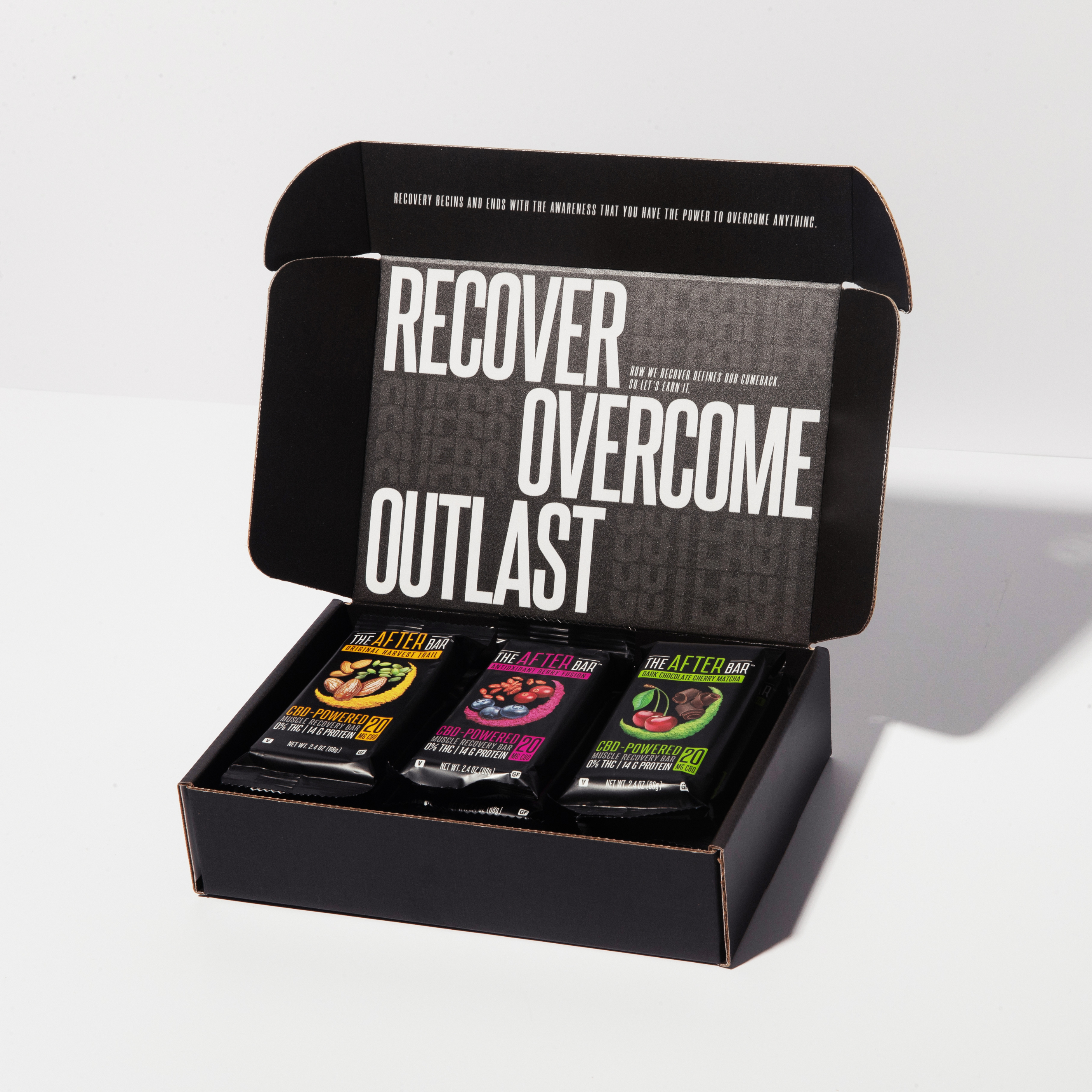

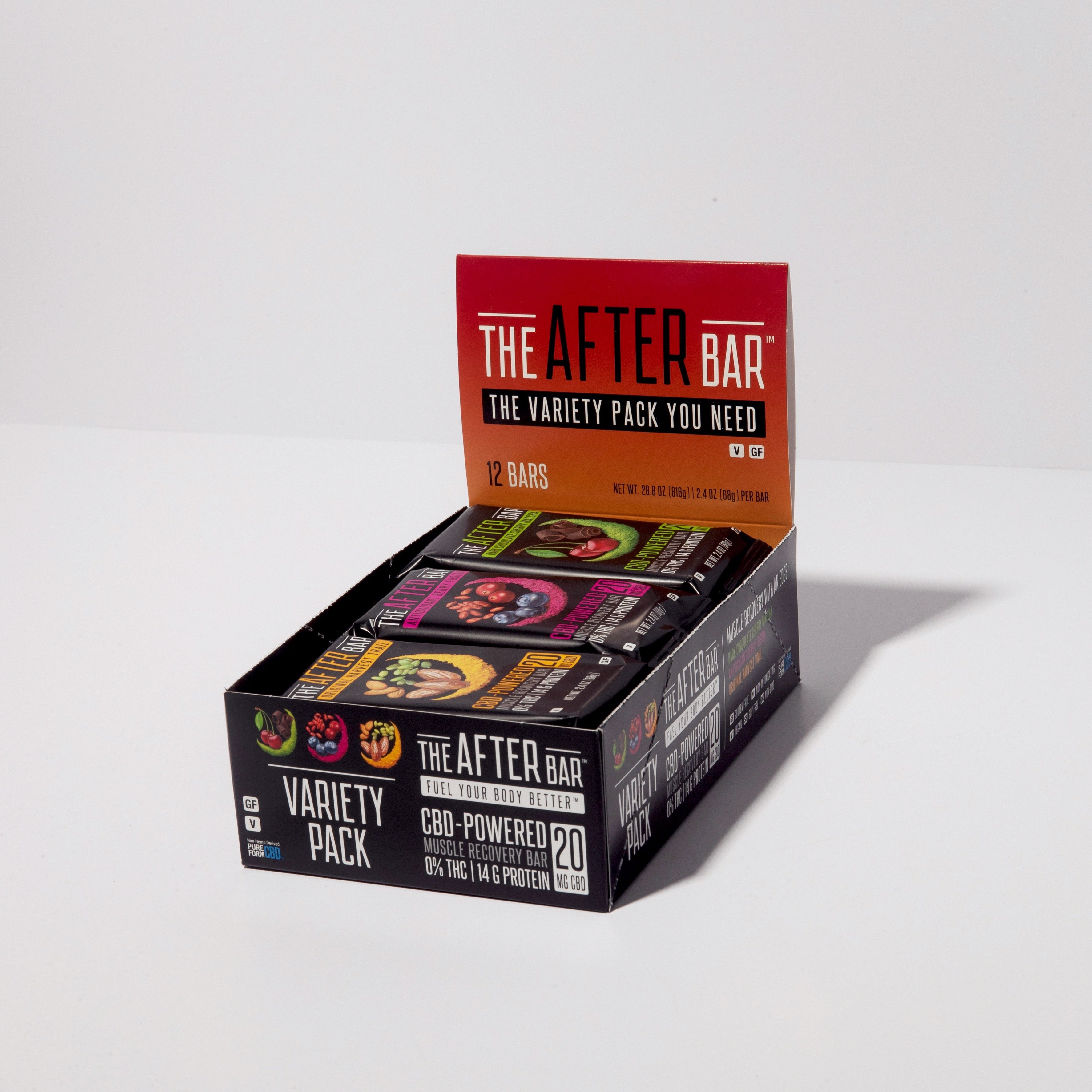
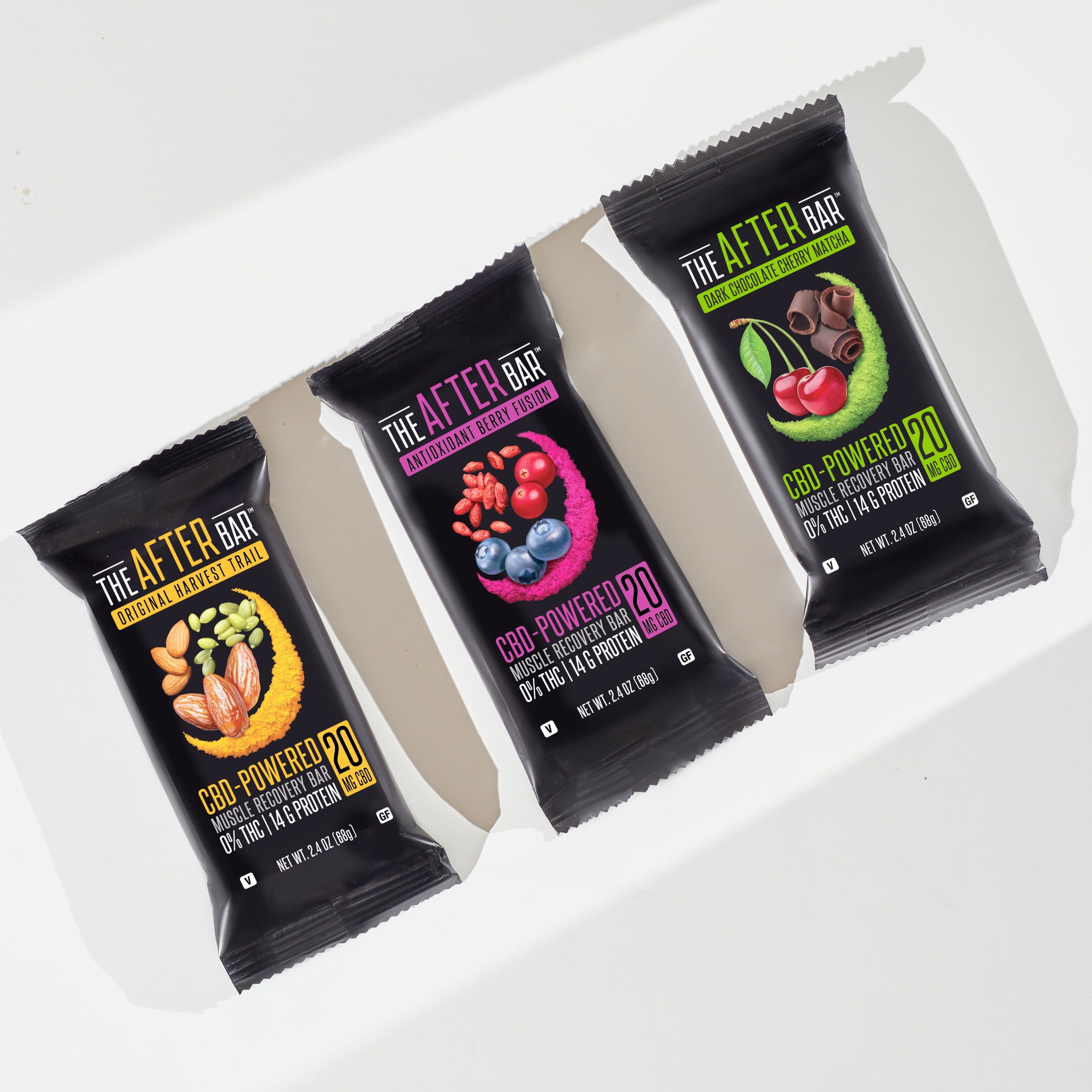

Leave a comment